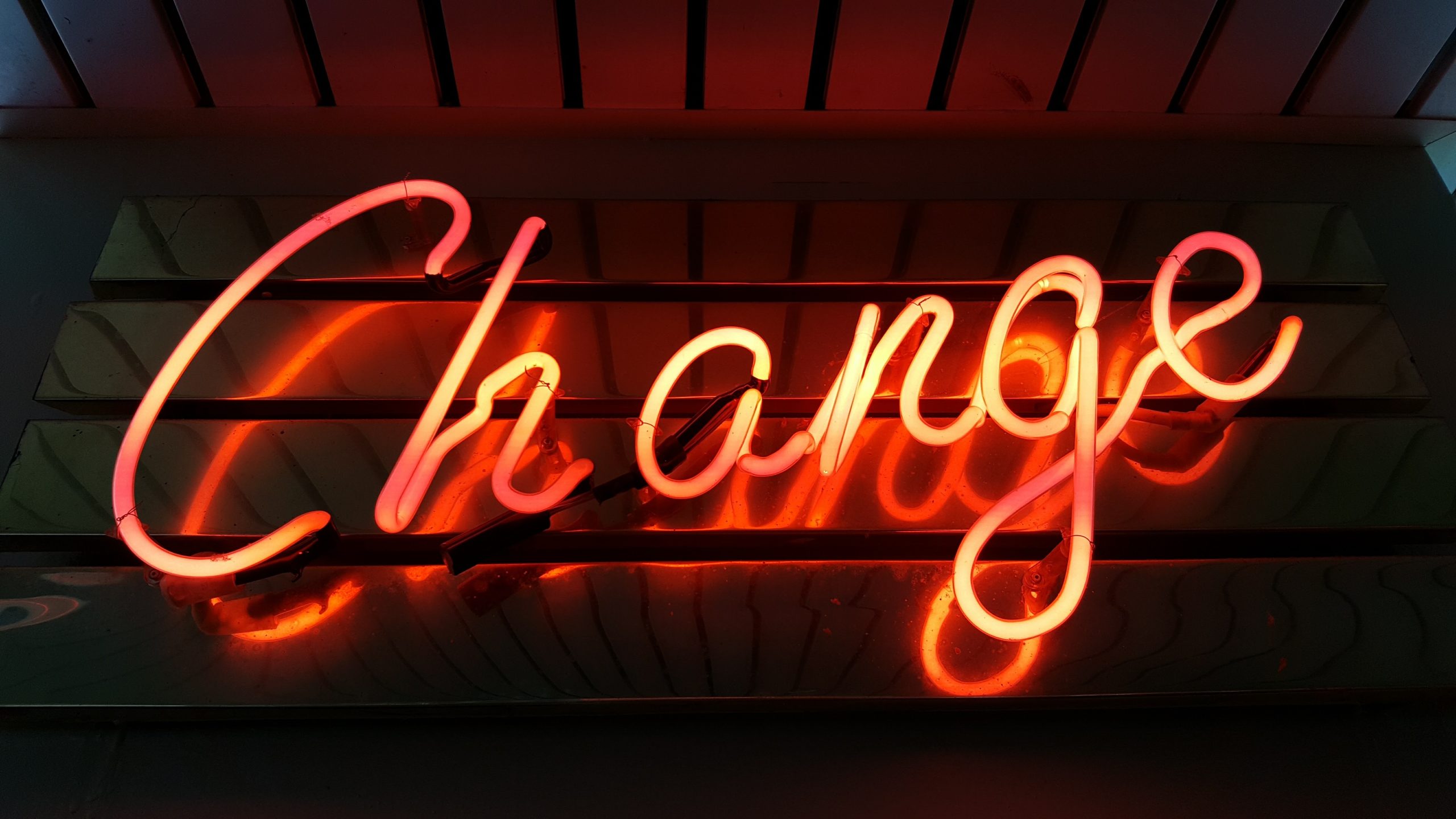Does a Full Moon Mean Good Luck?
Throughout history, the moon has captured our fascination and curiosity. It has been associated with various beliefs and superstitions, including the idea that a full moon brings good luck. But is there any truth to this belief or is it simply a myth? In this article, we will delve into the topic of whether a full moon indeed signifies good luck and explore the different cultural and historical perspectives surrounding this intriguing notion.
The Power of the Full Moon
The full moon has always held a special place in human culture and mythology. Its mesmerizing presence, radiating a soft glow in the night sky, has often been linked to mystical forces and enchantment. Ancient civilizations believed that the full moon influenced tides, agricultural cycles, and even human behavior.
One prevailing belief is that a full moon acts as a catalyst for positive events and brings about good luck. People who embrace this belief often associate the full moon with prosperous outcomes, increased spiritual energy, and enhanced intuition. However, it is essential to approach these beliefs with a critical mindset and examine scientific evidence before forming any conclusions.
Astronomy and the Moon
Before we dive deeper into the concept of lunar luck, it is crucial to understand the science behind the moon’s phases. The moon’s cycle consists of four primary phases: new moon, first quarter, full moon, and last quarter. Each phase occurs approximately every 7.4 days, resulting in a complete lunar cycle lasting around 29.5 days.
The full moon occurs when the moon is positioned on the opposite side of the Earth as the sun, with the sun’s rays illuminating the entire lunar surface. This alignment creates the distinct, fully illuminated appearance of the moon in the night sky. Despite its scientific explanation, the full moon continues to captivate the human imagination and feed superstitions around good luck.
Historical and Cultural Perspectives
Many cultures throughout history have attributed positive qualities and luck to the full moon. Let’s explore a few key examples:
Ancient Greek Mythology
In ancient Greek mythology, the goddess of the moon, Selene, was revered for her beauty and believed to bring favor and blessings. The Greeks associated the full moon with abundance, harmony, and prosperity. This belief has left a lasting legacy, as we still refer to lunar events with terms derived from Greek mythology, such as “lunatic” for someone whose behavior is influenced by the moon.
Chinese Culture
In traditional Chinese culture, the Moon Festival, also known as the Mid-Autumn Festival, is celebrated during the full moon of the eighth lunar month. Families gather to admire the moon and enjoy mooncakes, a festive pastry. The festival represents unity, harmony, and good luck. The brightness of the full moon during this period is believed to bring fortune and success.
Native American Beliefs
Various Native American tribes have incorporated the moon into their spiritual practices and beliefs. The full moon is often regarded as a time of heightened energy, making it ideal for ceremonies, healing rituals, and harvest celebrations. For some tribes, the full moon is associated with new beginnings, good health, and positive outcomes.
Scientific Perspectives
While cultural beliefs provide insights into our collective psyche, it is essential to examine scientific perspectives in order to understand the truth behind these beliefs. Numerous studies have been conducted to investigate any potential effects of the full moon on luck or human behavior.
A meta-analysis published in the journal “Psychological Bulletin” in 1985 analyzed over 100 studies on lunar cycles and human behavior. The researchers found no significant correlation between the full moon and various variables, including luck, mood, or psychiatric hospital admissions. Subsequent studies have consistently failed to provide substantial evidence supporting the notion of a lunar influence on luck or human behavior.
However, it is important to note that individual experiences and perceptions can still be influenced by cultural beliefs and psychological factors. The power of suggestion and the human tendency to find patterns and meaning in random events may contribute to the continued belief in the full moon’s influence on luck.
Conclusion
Although the full moon has been associated with good luck in many cultural interpretations throughout history, scientific research does not provide credible evidence supporting this belief. While the moon continues to enchant us with its beauty and influence our imaginations, luck remains within the realm of chance and individual perception.
That being said, the full moon can serve as a symbolic reminder of the beauty and wonder of the natural world. Rather than relying on luck, it might be more fruitful to focus on our actions, intentions, and the cultivation of positive attitudes. After all, luck favors the prepared mind, regardless of the moon’s phase.
So, the next time a full moon graces the night sky, take a moment to appreciate its splendor, but remember that true luck is ultimately in our hands.
Table of Contents
